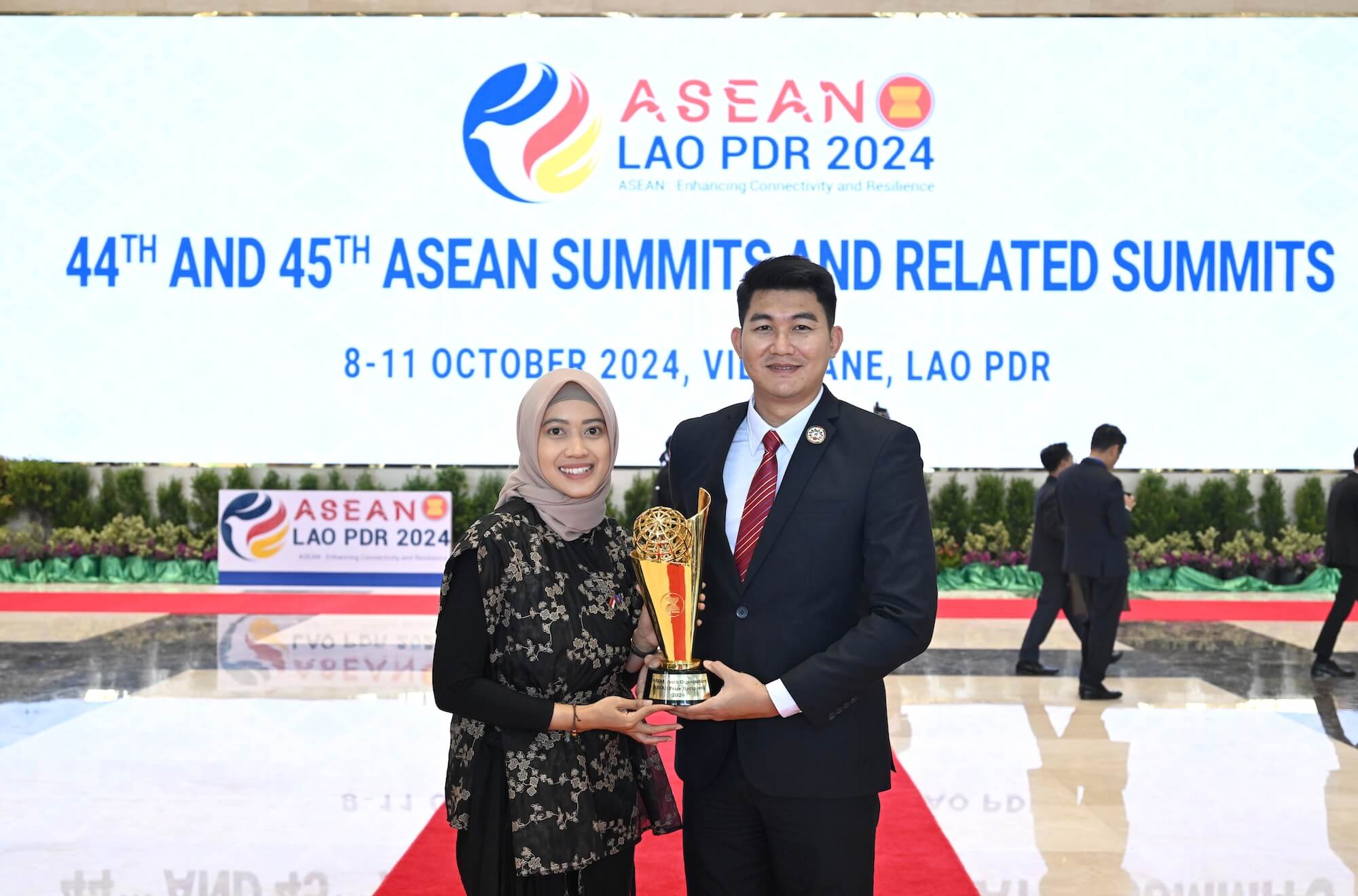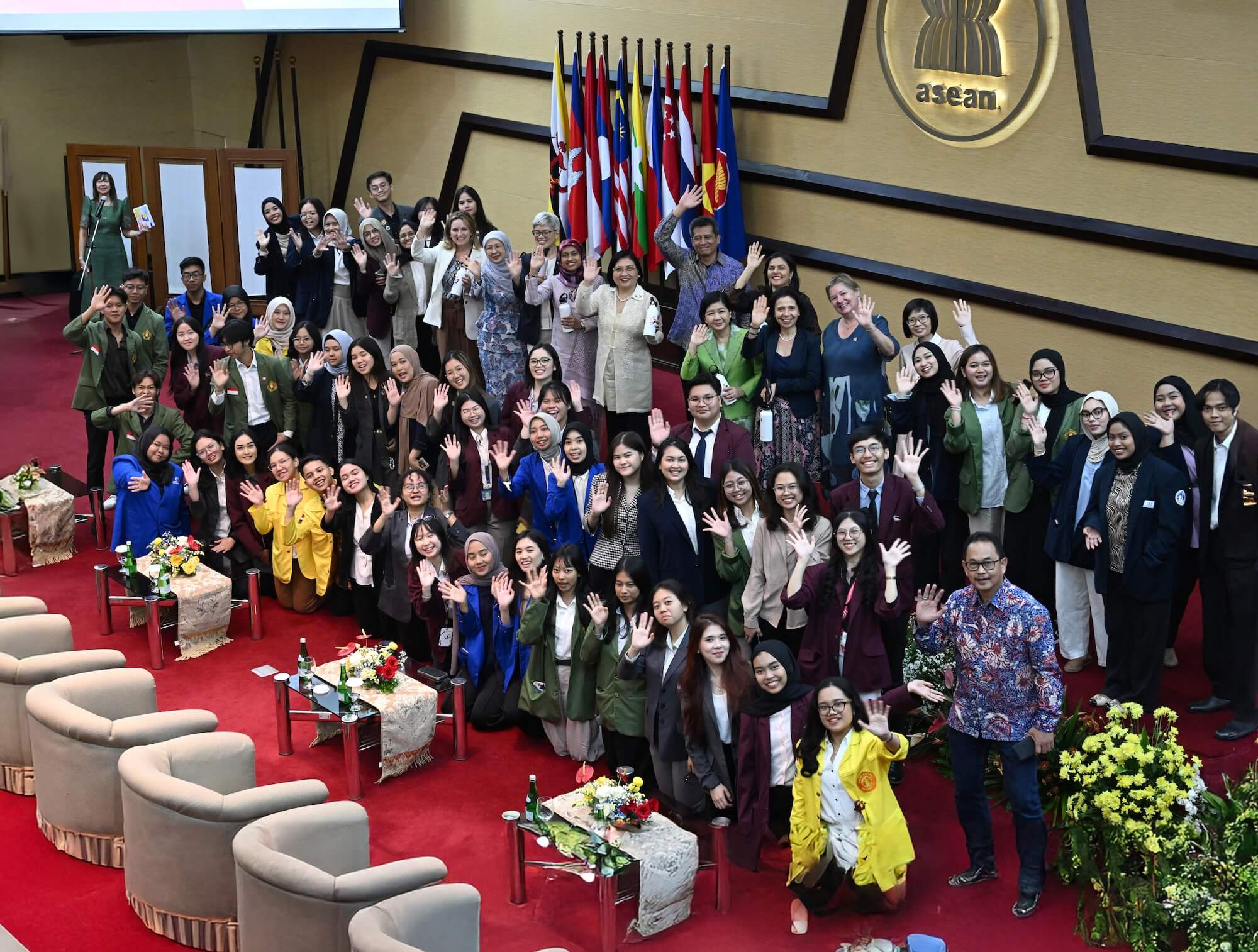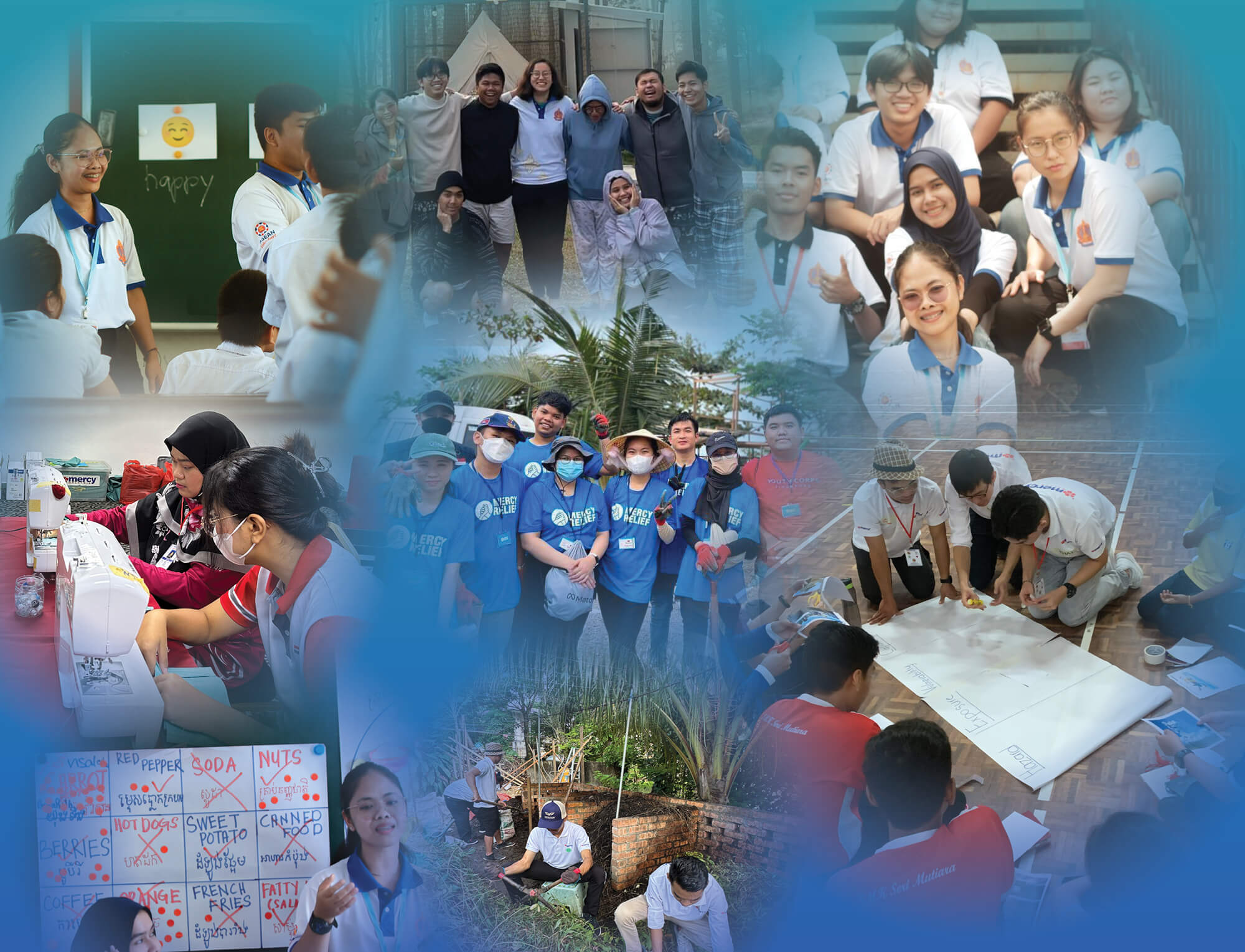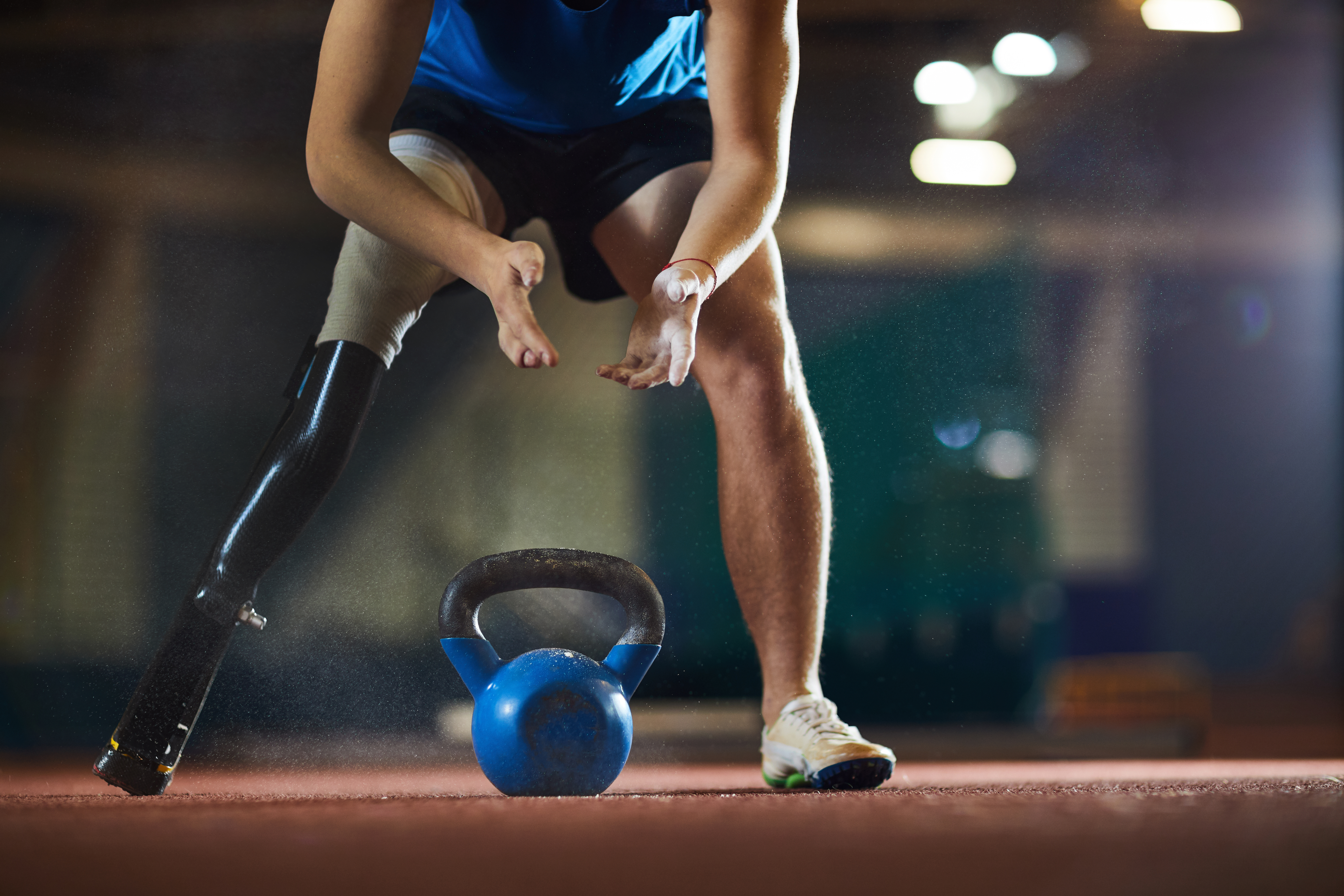



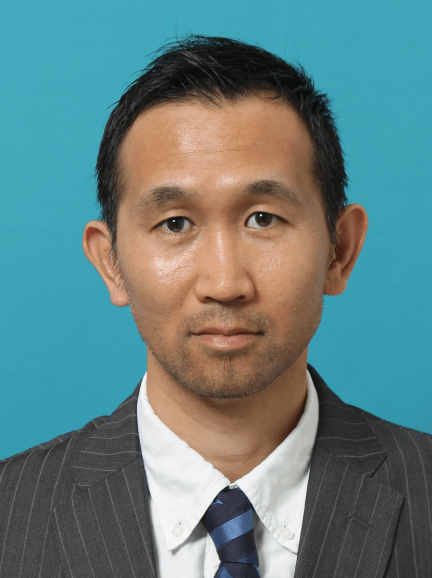
A workshop to improve the quality of physical education and promote sports for people with disabilities takes of.
After delays caused by the COVID-19 pandemic, the first online workshop focusing on the promotion of ASEAN Physical Education Teacher Education (PETE) and Sports for People with Disabilities (SPD) was held from 14 to 18 February 2022.
The workshop resulted from an agreement made at the ASEAN-Japan Ministerial Meeting on Sports in 2017, as part of the ASEAN-Japan Actions on Sports Phase II programme. Nippon Sport Science University (NSSU) organised the workshop with the support of the ASEAN Secretariat, with the aim of establishing a collaborative relationship and a sustainable ASEAN-Japan network/community on PETE and SPD. This event replaced an initially scheduled face-to-face event, so the implementation and participation in this remote workshop was a new and significant challenge for the 10 ASEAN Member States and Japan.
There were more than 30 participants from the ASEAN Member States and Japan, consisting of government officials, and representatives from sports federations who were officially nominated for the programme by each Member State. Japanese professors with expertise in PETE or SPD, besides physical education itself, gathered online to share information, opinions through presentations and discussions in the context of each AMS. Then, with the aim to promote interaction and communication among the participants, a Member State moderated another Member State’s presentation.
Interactive lectures were given by Prof. Dr. Yoshinori Okade, Professor of NSSU and Project Leader, on how to develop effective action plans which will enhance relevant policies and existing systems in PETE/SPD in each Member State. He shared the following documents as references: The Berlin Agenda for Action for Government Ministers (1999, ICSSPE), Kazan Action Plan (2017, MINEPS V), and The Antananarivo Recommendations (2019, UNESCO).
Likewise, a lecture focusing on the theme of Sports for Persons with Disabilities, titled “Teaching Physical Education for Students with Disabilities in Inclusion,” was offered by Prof. Dr. Takahiro Sato and Prof. Dr. Shinichi Nagata from the University of Tsukuba.
On the last day of the workshop, Member States presented the Action Plans they developed themselves, and received feedback and suggestions from other participants and professors, in addition to on-the-spot Q & A sessions. It was worthwhile to note that the Action Plans of some Member States were aimed at quality PETE, incorporating the concept of SPD, e.g., the development of PE teacher competencies for the inclusion of students with disabilities in the same PE classes.
Also, the Japanese experts recommended that all ASEAN Member States make continuous efforts to share information and skills obtained during the workshop, including their draft Action Plan, with colleagues, superiors, and other stakeholders. Furthermore, they encouraged the delegates to seek consensus on the content of the Action Plan from the relevant ministries, launch its implementation, and maintain collaborative relationships at the organisational level.
In the closing ceremony, Rodora T. Babaran, Director of Human Development Directorate of ASEAN Socio-Cultural Community Department, on behalf of the ASEAN Secretariat, remarked that ASEANJapan cooperation on sports has brought new perspectives, updated information, and created opportunities to exchange experience, knowledge, and skills across a wide range of areas.
Meanwhile, Prof. Dr. Okade emphasised that the project must continue to keep up with the progress of each Action Plan, monitor its process, offer advice, and support the participants, as needed. He referred to the importance of strengthening the foundation for quality Physical Education Teacher Education and Sports for Persons with Disabilities that can eventually contribute to children’s growth and education in ASEAN.
At the end of the event, many participants provided positive feedback on the workshop saying that they could identify their own country’s issues on PETE/SPD from objective viewpoints, by knowing the obstacles that the other Member States confront. Through the activities, they could also construct the basis for sustainable partnerships between the ASEAN Member States and Japan. According to the results of the questionnaire conducted afterwards, it is worth reporting that almost all Member States-participants were satisfied with the content, information, skills, Action Plans, and new relationships they formed during the entire workshop. This is a starting point in the process of producing viable outcomes in each Member State, enhancing the network, and building PETE/SPD communities in ASEAN that should be accomplished through more activities planned in the future.




